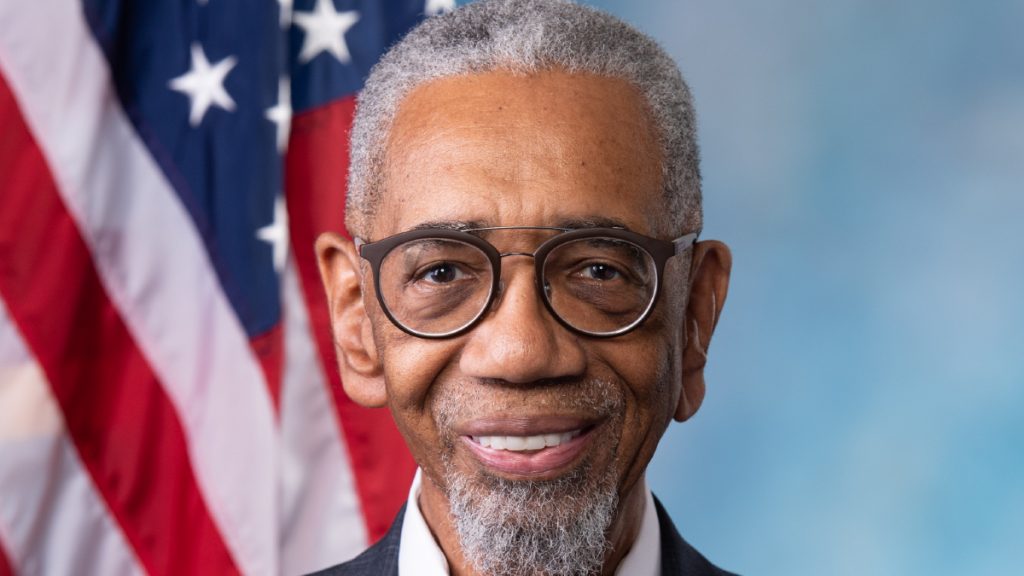Rush Questions Agriculture Secretary Vilsack on Aid to Black Farmers, Vertical Farming in Chicago

![]()
Rush Questions Agriculture Secretary Vilsack on Aid to Black Farmers, Vertical Farming in Chicago (Washington, D.C.) – Today, at a House Agriculture Committee hearing with U.S. Department of Agriculture (USDA) Secretary Tom Vilsack, U.S. Representative Bobby L. Rush (D-Ill.) questioned Vilsack about the dire prognosis of Black farmers in the U.S. and the steps USDA is taking to help minority farmers.
“As you well know, our nation’s Black farmers are in desperate need of assistance,” Rush said. “In 1920, there were almost one million Black farmers — of which my grandfather was one — accounting for 14 percent of farmers at that particular time. In 2017, there were less than 50,000 Black farmers, making up only 1.4 percent of the farming population.”
The Situation Will Only Get Worse
“Without action, the situation will only get worse. It was recently reported that direct loan applications are significantly more likely to be rejected for Black farmers than white ones, and even when approved, the loans for Black farmers are for far less than loans for white farmers. Moreover, Black farmers all too often still feel as though they are unwelcome in their local USDA field offices,” Rush continued. “Mr. Secretary, would you please outline exactly how USDA is working to help minority farmers, and particularly Black farmers?”
“When I saw the statistics concerning the decline of African American farm applications, I asked the team to take an in-depth look at the reason,” Secretary Vilsack replied. “And what we found was that oftentimes, in some cases, the application was withdrawn, in some cases, the application was incomplete, in some cases, the application just simply didn’t have the cash flow that made sense — a lot of different reasons.”
Fundamental Concern
“But I think the fundamental concern and the fundamental challenge is that folks do not have the technical assistance to be able to understand precisely how to access USDA programs,” Secretary Vilsack continued. “And for that reason, under the American Rescue Plan, we are using resources to provide assistance to create cooperating groups that can connect with those African American farmers, those Black farmers, to provide the technical assistance, the financial planning, the business planning, the development of applications so that there is more success. So, the first order of business here is to get folks the kind of technical assistance they need. And the USDA has expanded significantly efforts in that regard, and we’re going to continue to expand efforts.”
Rep. Rush, whose grandfather was a farmer in Albany, Georgia, has been an outspoken champion of Black farmers — especially since joining the House Agriculture Committee at the beginning of the 117th Congress. In a letter to Secretary Vilsack in December, Rush wrote that “for Black farmers, the house is on fire” and “Black farms are struggling and going bankrupt, due to rejection, ineptitude, and even hostility from [USDA] field offices.” This month, Rush met with Secretary Vilsack to discuss the issues facing Black farmers and what the USDA is doing to improve the position of minority farmers.
Farm Subsidy Transparency
In June, Rush introduced the Farm Subsidy Transparency Act (H.R. 3794), legislation that would require USDA to track and publicly disclose the race and gender of all individuals who receive — or were denied — farm assistance through USDA, as well as the amount of assistance received. More information about that bill is available here.
Rush also raised the issue of underused agricultural potential in Chicago and its surrounding areas, saying that “Chicago was at one time, and it still is, a hub for the railroads that connect our nation for the purposes of agriculture. It is indeed a place where there is a lot of vacant properties, vacant land, that can be used specifically for vertical farming… For decades, Chicago was the flower capital, the pickle capital… and the celery capital for our nation. I think that once again, Chicago has the potential to be significant in the agricultural sector.”
Rush Questions Agriculture Secretary Vilsack on Aid to Black Farmers, Vertical Farming in Chicago








Responses